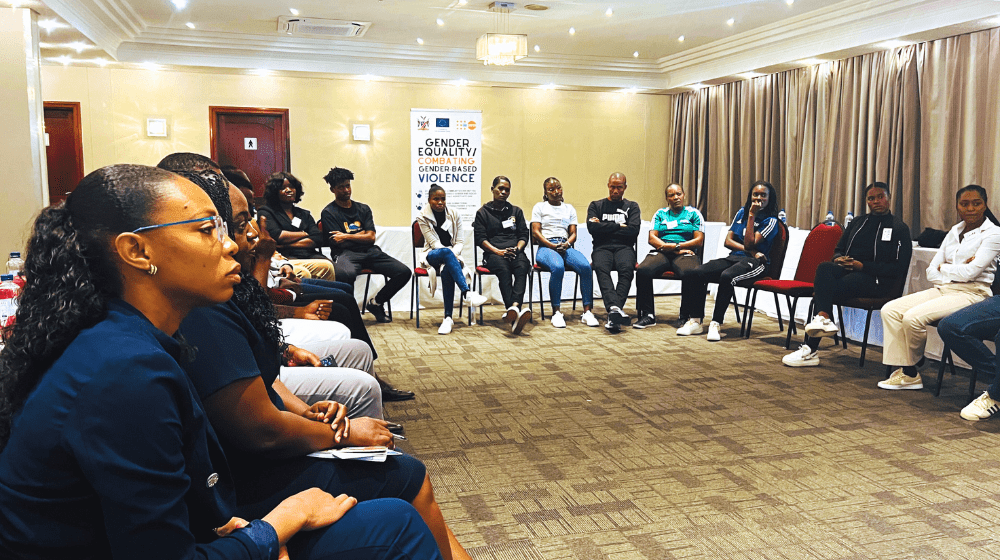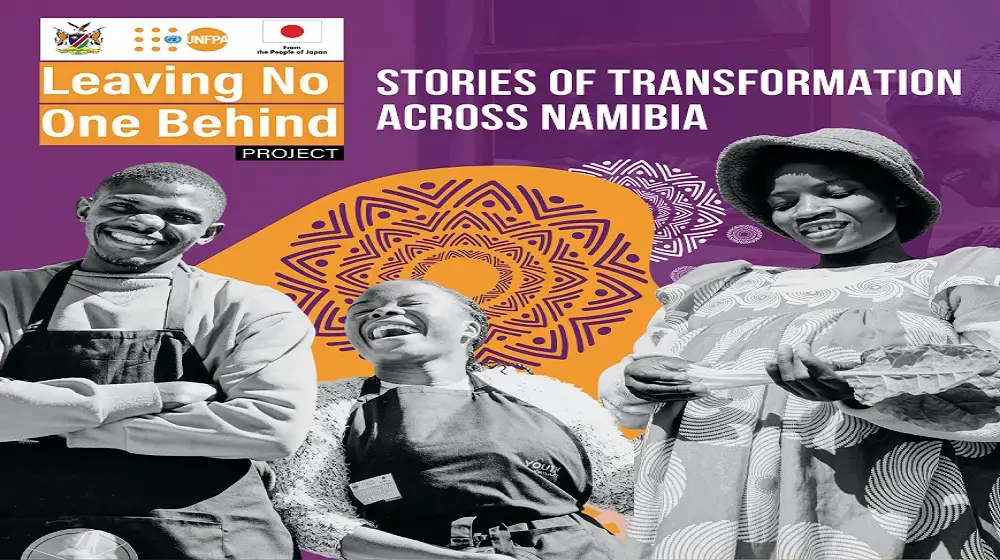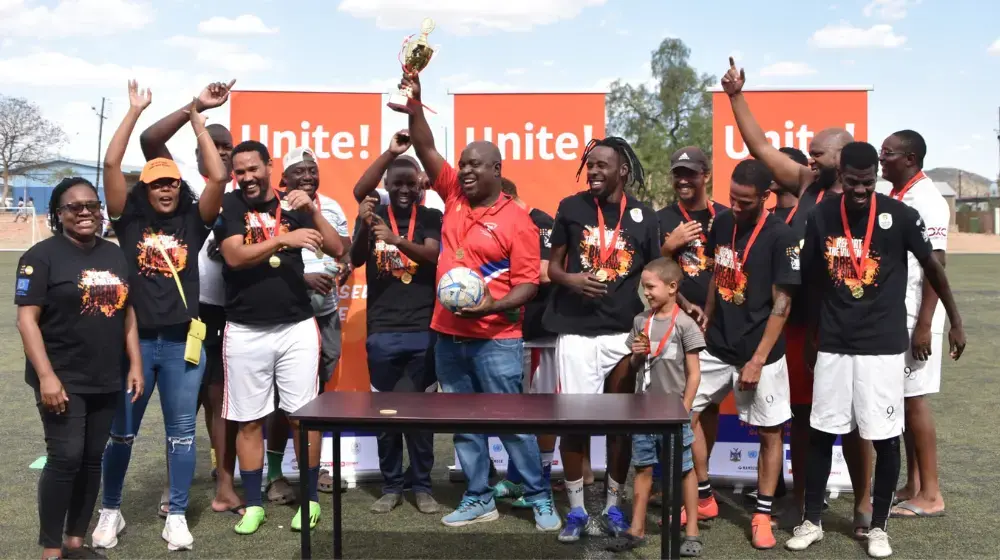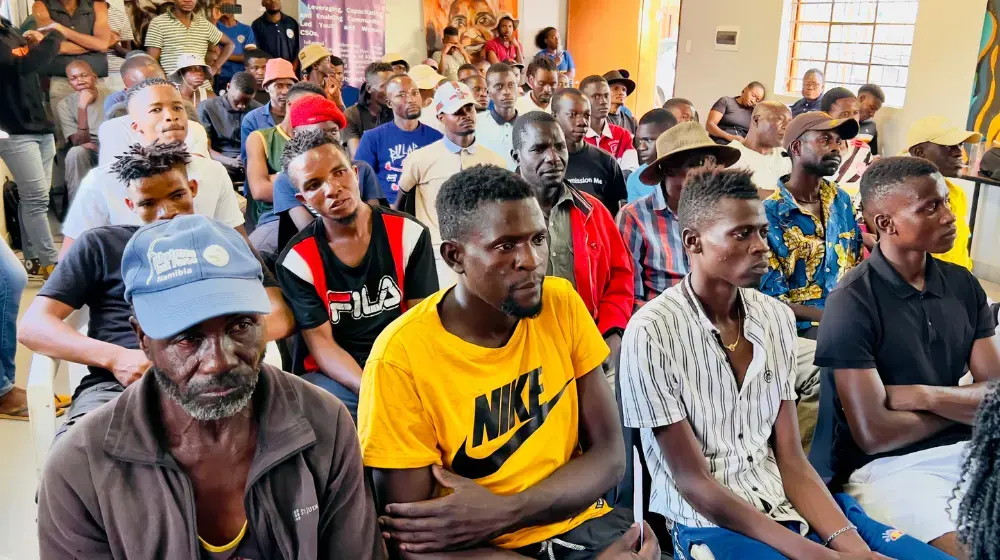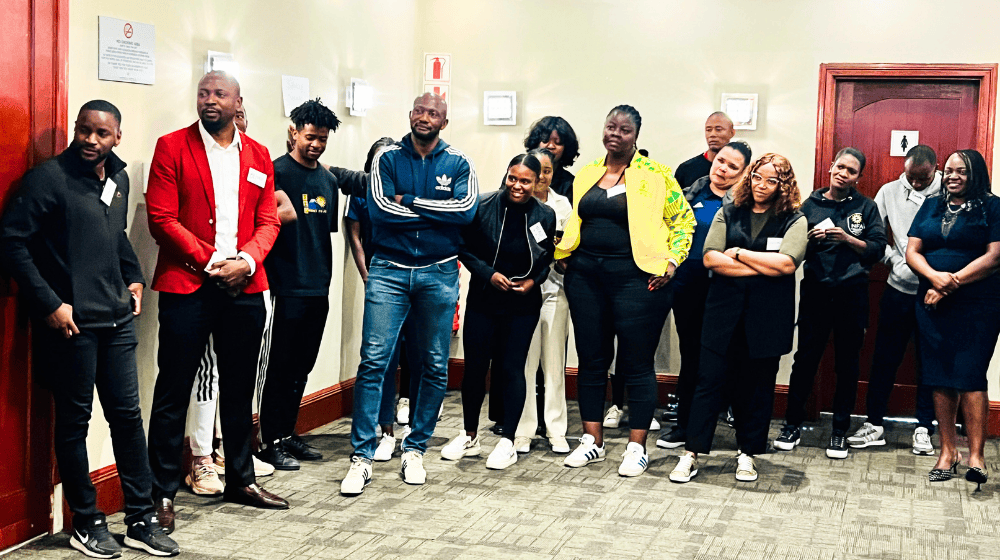
Photo: UNFPA/Namibia
WINDHOEK, Namibia – Namibia faces alarmingly high rates of sexual violence against young women and girls, with data from the 2021 Violence Against Children Survey (VACS) showing that 15% of women aged 18-24, 45% of girls aged 14-15, and 39% of young women aged 16-17 have been coerced or forced into sexual encounters since they were 13. To address this, the United Nations Population Fund (UNFPA), in collaboration with the UN Resident Coordinator Office (RCO), the European Union (EU), and other key stakeholders, have partnered with the Namibia Football Association (NFA) on initiatives to combat GBV.
One of these initiatives is a newly launched training program, funded by the EU and UNFPA's Gender Equality / Combating GBV project, which focuses on Sexual and Gender-Based Violence (SGBV) and the Convention on Violence and Sexual Harassment in the World of Work (C190, 2019). This initiative aims to enhance the NFA's capacity to implement effective GBV prevention, referral and response programs and establish a clear code of conduct regarding sexual harassment in the workplace.
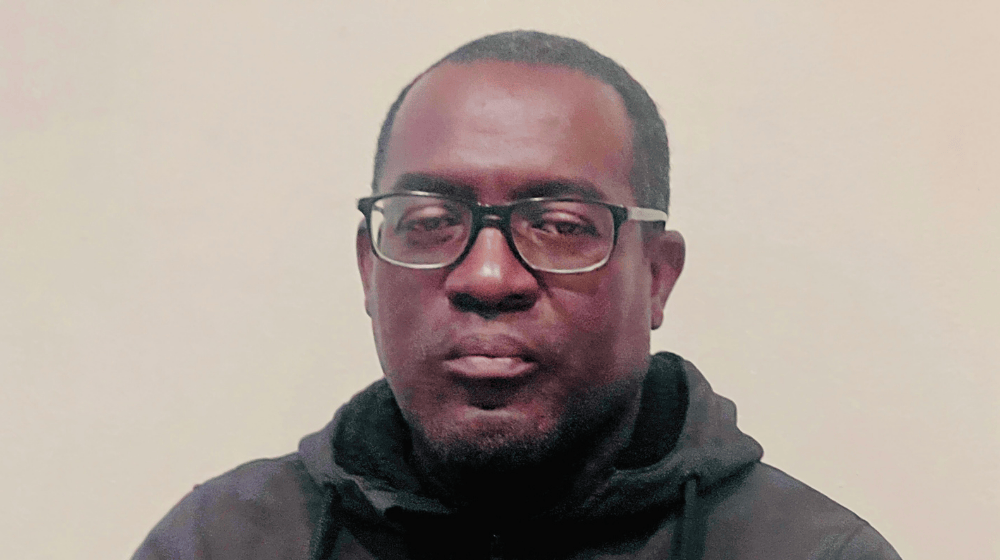
Strengthening capacities for a safer sports environment
The training, conducted from 13-15 August, 2024, involved 22 NFA staff members, including directors, coaches, safety officers, human resources personnel, referees, and technical staff. The goal was to equip these key stakeholders with the knowledge and tools necessary to create a safe and respectful environment within football including for women and girls.
Mr. Isack Hamata, a senior staff member at the NFA, shared his reflections on the training: “The training reinforced my understanding of the severe impact of GBV and its pervasive dangers. It has motivated me to integrate GBV awareness into all interactions with players and colleagues. We are committed to implementing the action plan developed during the workshop, though we anticipate challenges in disseminating this knowledge swiftly across the football community.”
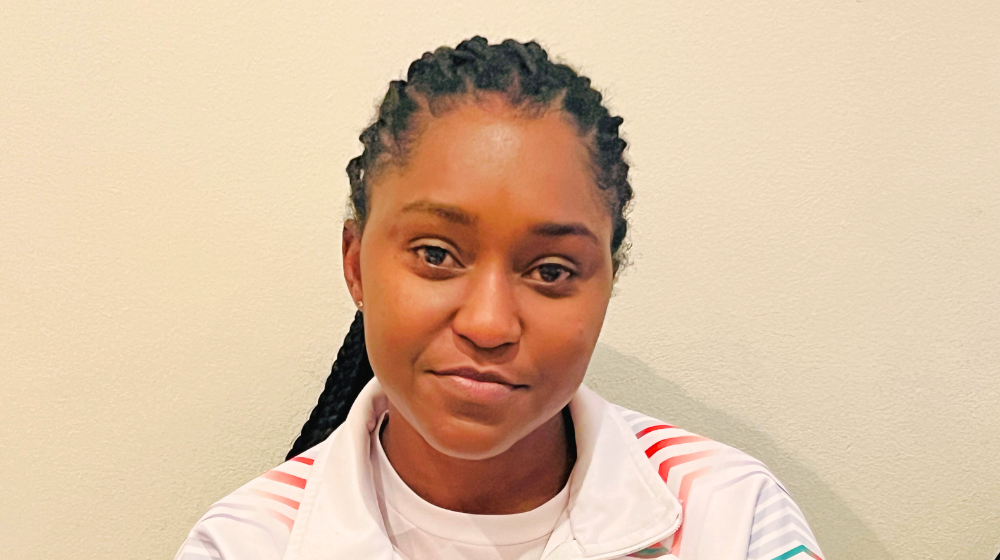
Football’s role in GBV prevention
Brave Warriors player Mr. Tjipee Karuuombe found the training particularly enlightening. “The training exceeded my expectations, providing a deeper understanding of the challenges associated with GBV in football. I plan to use the insights gained to raise awareness among my fellow players about the risks and impacts of GBV. The action plan we developed will help incorporate GBV awareness into all football activities.”
Ms. Saara Shigwana, the NFA’s Grassroots and Youth Development Officer, praised the training’s effectiveness: “The sessions were highly informative and engaging, deepening my understanding of gender norms and their impact on GBV. I am committed to advocating for gender-sensitive approaches and designing initiatives that challenge harmful norms and support victims. Ongoing education and community outreach will be crucial in our efforts.”
Working together for a safer future
The partnership between NFA, UNFPA, EU, RCO, ILO, and other partners is a big step in fighting gender-based violence within the sports sector. By leveraging the influence of football and engaging key stakeholders, this initiative aims to foster a safer and more inclusive environment.
NFA extended its gratitude to the donors and organizers, including the EU, RCO and UNFPA, for their support in making this training possible. “Their commitment is essential in equipping the NFA with the necessary tools to combat GBV and create a positive impact within the football community and beyond,” said Mr. Hamata.
As this partnership progresses, the focus will be on putting effective strategies into action, raising awareness, and promoting a culture of respect and safety in sports.
This collaboration is also part of the fulfilment of the Joint GBV programme for Namibia.
UNFPA’s commitment to combating GBV
UNFPA is dedicated to combating GBV as a central part of its mandate by integrating GBV prevention initiatives during sports tournaments. The organization works in Namibia to prevent and respond to GBV through comprehensive programs that promote gender equality, support GBV survivors, and challenge harmful practices and norms. By partnering with national and international stakeholders, UNFPA is committed to supporting and strengthening efforts to create safer environments, empower individuals, and ensure that GBV is effectively addressed in various sectors, including sports.

